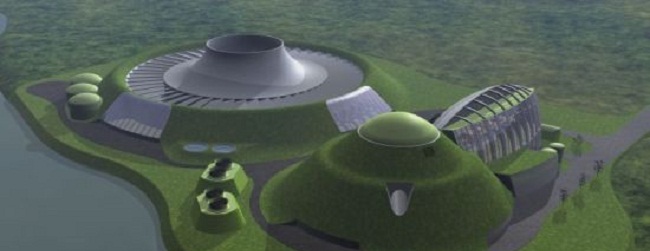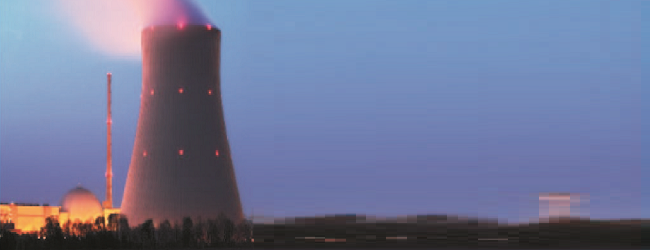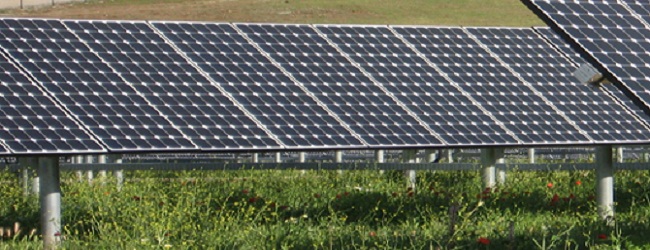|
|

Nuclear Energy
Nuclear power provides about 15% of the world's electricity...read more

Fossil based Thermal Energy
A bulk of the world's electric energy is produced by fossil fuel in particular coal fired plants...read more

Alternative Energy
Alternative energy is an umbrella term that refers to any source of usable energy intended to replace fuel sources without the undesired consequences of the replaced fuels...read more
|
|||||||||||||||||||||




